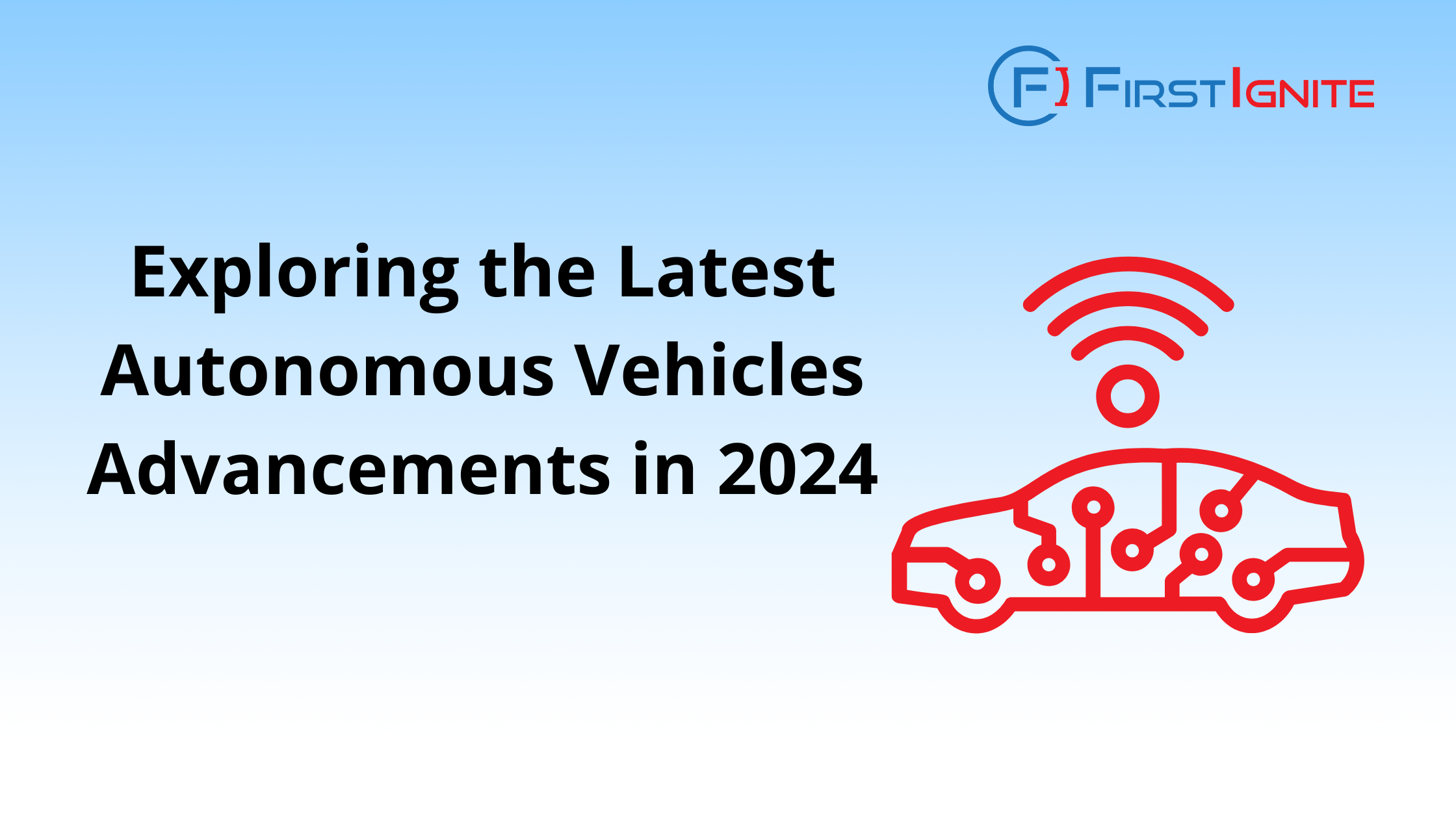
In 2024, the world of transportation is undergoing a remarkable transformation. The rise of autonomous vehicle technology has ushered in a new era of mobility, and the advancements made in this field are truly awe-inspiring. In this article, we’ll dive deep into the latest developments in autonomous vehicles, exploring how artificial intelligence (AI) is shaping the future of self-driving cars and the various applications of this revolutionary technology.
Introduction to Autonomous Vehicles
Autonomous vehicles, often referred to as self-driving cars, are a technological marvel that have the potential to revolutionize the way we commute and transport goods. These vehicles are equipped with a sophisticated array of sensors, software, and algorithms that allow them to navigate roads, detect obstacles, and make decisions without the need for human intervention. The advent of autonomous vehicles promises to enhance safety, reduce traffic congestion, and provide greater accessibility for individuals who may have difficulty driving.
Role of Artificial Intelligence (AI) in Autonomous Vehicle Technology
At the heart of autonomous vehicle technology lies the power of artificial intelligence. AI-powered systems are responsible for the decision-making processes that guide these vehicles, enabling them to perceive their surroundings, interpret data, and respond accordingly. From computer vision algorithms that can identify pedestrians and other road users to machine learning models that predict traffic patterns, AI is the driving force behind the advancements in autonomous vehicle technology.
Advancements in Autonomous Vehicle Technology in 2024
In 2024, autonomous vehicles have made significant strides, thanks to the integration of advanced sensors like LiDAR and radar, which enhance environmental perception. Enhanced AI algorithms have improved decision-making, while the introduction of 5G connectivity allows for real-time data exchange, boosting vehicle coordination and response. Additionally, advancements in battery technology have increased range and efficiency, making autonomous vehicles more viable for long-distance travel and commercial use.
University Advancements in Autonomous Vehicles
Universities worldwide have been crucial in advancing autonomous vehicle technology. For instance, Stanford University’s AI Lab has developed cutting-edge computer vision algorithms that enhance object recognition in autonomous vehicles. Meanwhile, the University of Toronto has made strides in improving the object-tracking abilities of self-driving cars, further advancing their technological capabilities.
Applications of Autonomous Vehicles in Various Industries
Advancements in autonomous vehicle technology are transforming various industries. In transportation, self-driving trucks and delivery vans are optimizing logistics. In healthcare, autonomous vehicles are enhancing patient transport and medical supply delivery. Mining and construction industries benefit from self-driving machinery that boosts productivity and safety. Additionally, public transportation is becoming more convenient and sustainable with the integration of autonomous vehicles.
Conclusion: Embracing the Future of Self-Driving Cars in 2024
As we look towards the future, the advancements in autonomous vehicle technology in 2024 have paved the way for a more efficient, sustainable, and accessible transportation landscape. The seamless integration of artificial intelligence, advanced sensors, and high-speed connectivity has enabled these vehicles to navigate roads with unprecedented levels of safety and precision.




